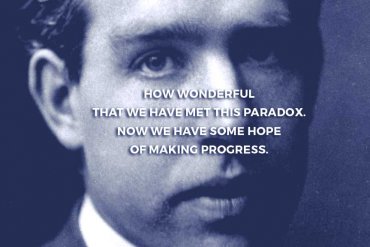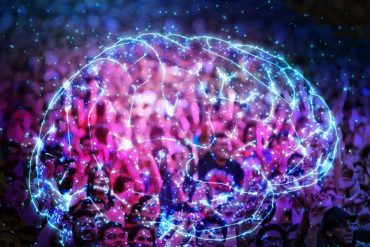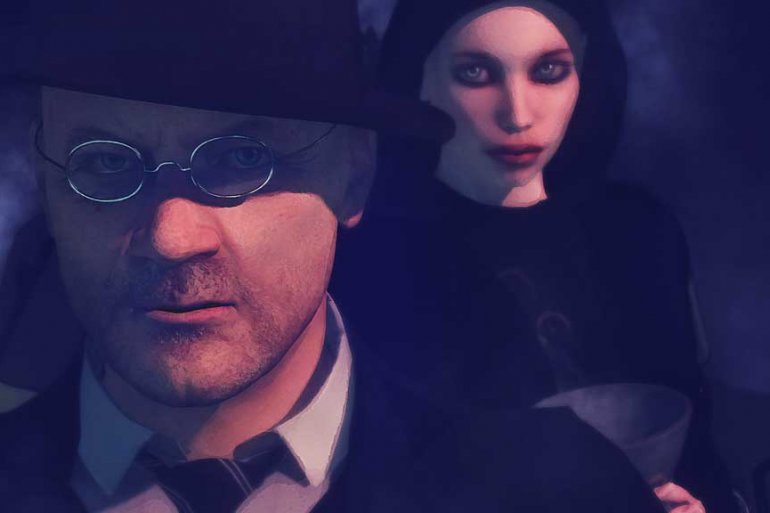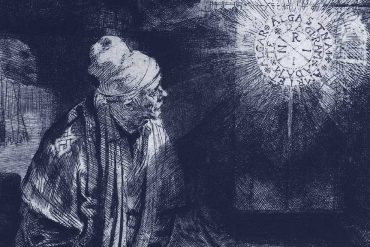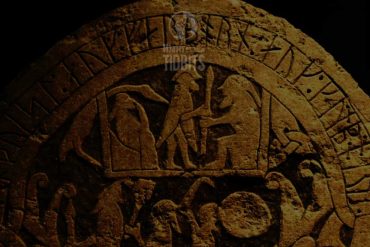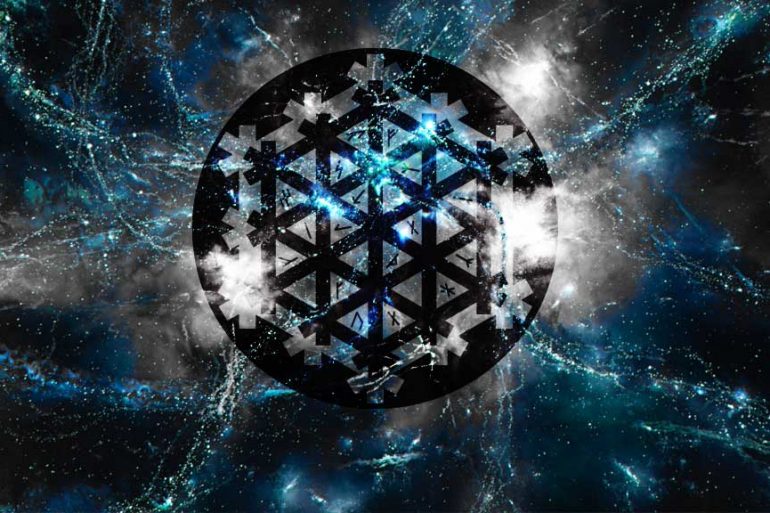The idea of the importance of coincidences, as such, was introduced by Paul Kammerer in 1920, in his book Seriality, in which he logged a hundred amazing examples. His complex idea intrigued Einstein and was expanded by Carl Jung, who changed Kammerer’s term to the more widely used word synchronicity, or “meaningful coincidence.” Like Kammerer, Jung noticed that if two events were not causally related, but connected by meaning, it therefore established that a human...
Philosophy
Everything on philosophy related to Maier files series. Posts and Thoughts examining existence, change, properties, space, time, causality, and possibility.
Before the eighteenth century, people crudely measured time. Galileo used his own pulse as a measure. Today, our atomic clocks can measure a time interval as small as one-millionth of a second. (Though we have a word for one-trillionth of a second— pico second —we still have no way of accurately measuring it.) But no matter how finely calibrated our clocks are, they are always measuring something discrete—an interval, a repeating signal, a duration between...
Understanding entails being able to detect an internal contradiction: a paradox. Are paradoxes “all in our heads” or are they built into the universal structure of logic? At first sight the idea of knowing what the universe is like, is absurd. American-Canadian neurosurgeon Penfield expanded brain surgery’s methods and techniques, including mapping the functions of various regions of the brain. Penfield’s experiments demonstrated that memories occupy engrams, specific physical sites in the brain. To know about...
Penfield’s classic brain experiments of the 1930s inspired a certain famous riddle, long since dubbed “brains in vats” by philosophy students. It goes like this: You think you’re sitting there reading this post. Actually, you could be a disembodied brain in a laboratory somewhere, soaking in a vat of nutrients. Electrodes are attached to the brain. And a mad scientist feeds it with a stream of electrical impulses that exactly simulates the experience of reading...
The hidden Reality and Parallel Universes. Space and time capture the imagination like no other scientific subject. For good reason. They form the arena of reality, the very fabric of the cosmos. Our entire existence-everything we do, think, and experience takes place in some region of space during some interval of time. Yet science is still struggling to understand what space and time actually are. Are they real physical entities or simply useful ideas? If...
It was Rodin who stated that “Man never invented anything new, only discovered things.” Although it’s correct to say that certain symbols have been man-made for a particular purpose, it’s just as correct to argue that everything is somehow inspired by the natural world around us, by the forms of nature, plants, animals, the elements. Even a reaction against the fluid forms of nature is usually inspired by a desire to offer an alternative. Occasionally...
The secret teachings of Goethe. That Johann Wolfgang von Goethe (1749-1832), Germany’s greatest poet, had an interest in the occult and alchemy is clear from Faust. Based on an historical character, the original Faust legend goes back to medieval times and prior to Goethe‘s there were earlier dramatic renditions of the tale, notably Christopher Marlowe’s. Yet it is to Goethe’s Faust (Part I 1808; Part II 1833) that most of us turn when we think...
If we knew how the words in our native language were made and what they have meant to successive generations of the men and women who have used them, we should have a new and very interesting kind of history to read. For words, like all other creations of man, were not deliberately manufactured to meet a need, as are the various parts of a bicycle or of an automobile; but grew gradually and slowly...




